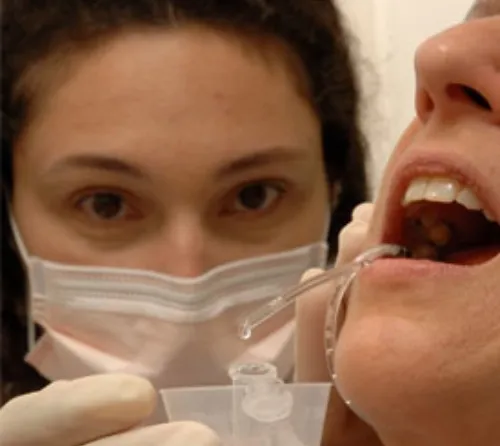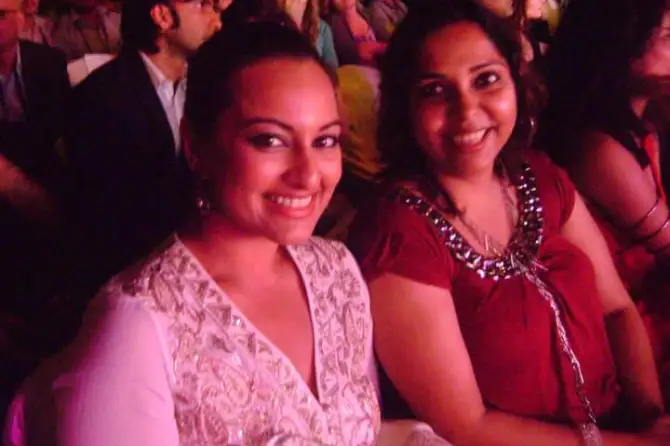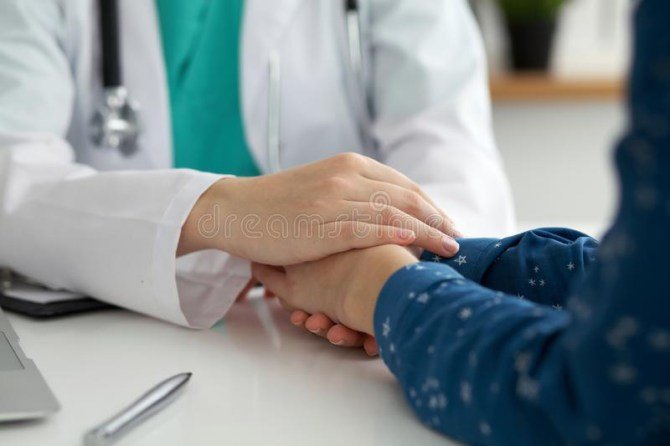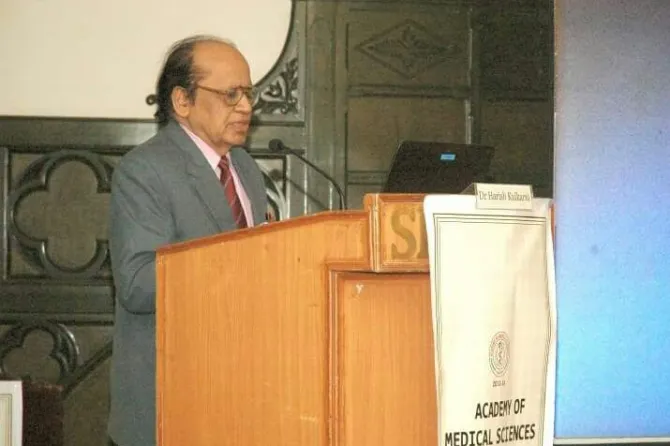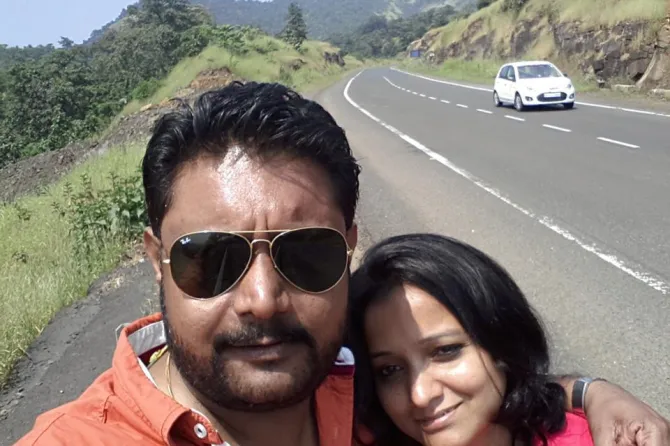Zuvius: What inspired you to opt for medical sciences? Why and what made you chose oncology as your specialization?
Dr. Kulkarni: As a doctor’s son, I was exposed to the motto of rendering service to the less fortunate. I used to accompany my father whenever he visited patients. It left a deep impression on me. The other fact which made me decide about medical profession was the grieving illness of my mother. I saw her sinking day by day for over a year. She had developed a liver malady and the ascites ended her life. I watched helplessly as no curative treatment was available then. She probably had cancer. Hence, I made up my mind to pursue this noble profession.
Zuvius: Enlighten us with the experiences and milestones in your journey so far.
Dr. Kulkarni: It was not easy as there were very few seats available in the Government Medical Colleges that time. After inter-science I tried for admission to MCH but was not successful and was kept on waiting list. I decided to do BSc and then try my luck again. By that time the number of seats increased with new pattern of admission where in credit was given to NCC and Degree and Personal Interview. I was 22nd in the list of selected candidates. The long journey of fulfilling the dream had begun!
After MBBS, I went to Mumbai for post graduation. It was combined course of diagnosis and therapy. The students mostly concentrated on radio diagnosis as there were very few centres for treating cancer at that time. Moreover, very little exposure for cancer treatment was available at Tata Hospital in academics. I went back to Nagpur and joined my father’s X-Ray clinic. I had applied for MPSC and was selected for Radiology Lecturer job at Govt. Medical College, Nagpur.
Also read: Story Of A Brave Heart And A Cancer Survivor: An Interview With Varshaa Jain Part-2
Zuvius: Share with us an incident which has changed your life.
Dr. Kulkarni: I went radiology department of TB hospital but was told that there is no vacancy. I was disappointed and was walking through the corridor. Out of nowhere, near the porch, I was approached by Dr. Bhiwapurkar, the Secretary of CRS. He told me that the management has decided to send me to BARC for training in Radiation Protection for four weeks and depute for further training in Radiotherapy to UK. In addition to this, I would be appointed as cancer specialist at the proposed RST Cancer Hospital at Nagpur. In a jiffy, the whole scenario changed and I was on my way to a new carrier as an Oncologist. My happiness knew no bounds. My dream came true. It was surreal!
I always desired to be actively involved in treating patients rather than doing Radio diagnosis. In due course of time, I went to UK and after completing my post graduation in diagnosis and therapy from London University returned back to India and joined as Director of RST Cancer hospital in 1974. Thus that unexpected meet with secretary of CRS changed my life and gave me a chance to serve the humanity.
Zuvius: What were the challenges you faced in the pioneering process of cancer treatment in Central India?
Dr. Kulkarni: There were very few centres in India for the Cancer treatment. In Central India, only Nagpur had an old deep X-ray machine. Patients had to visit Mumbai for treatment. Rashtrasant Tukdoji Maharaj suffered from cancer. He felt the ‘need’ for Cancer Hospital in the province. He donated a few lakhs and CRS decided to construct a hospital.
When I joined there was no staff but just a security guard! I was the only technical staff – literally one-man army. Right from opening the front door of the hospital, cleaning my own desk, registering the patients and making patient files, collecting fees, giving receipt examining patients and planning treatment, calculating doses, setting the patient on couch and giving treatment, I did it all. I had to deposit the day’s collection in the bank too. A completely opposite scenario to what UK had.
There was scarcity of technicians so I introduced teaching programme for therapy technicians. There was an issue of shortage of funds, CRS being a charitable trust. Moreover, major chunk of the donations collected was going for the purchase of the therapy machines. The machines which were imported and were very expensive. As the number of cases increased, we had to construct rooms for additional machines and other supporting department like pathology, radiology, operation theatres, blood banks and construction of indoor wards and OPD rooms for examination of patients by the HON specialists. Specialists in ENT, gynaecology, medicine, ansesthologist and other supporting staff were appointed initially for the 60 bedded hospital. My goal had been achieved. Now patients were treated here, in Nagpur yonder.
After so many years of struggle and hard work we have a fully developed cancer centre with 100 beds and many latest treatment machines in eluding brachytherapy. Over 200 patients are treated daily with highly qualified, experienced medical and technical staff. The hospital is recognised as the Regional Cancer Centre by Govt of India. This is second best centre in Maharashtra after Tata Memorial Hospital in Mumbai.
Zuvius: Put in the picture how cancer treatment has evolved and what all are the future prospects
Dr. Kulkarni: Initially there was only surgical treatment available for cancer patients. And it had limitations as curative treating was possible only when the disease was localised. In most of developing countries including India the patients reported in late stages of disease and hence radiotherapy had major role in treating patients. Also chemotherapy has developed rapidly. Medical technology is evolving at a faster velocity. After deep X Ray machines, new HV machines have the advantage of deep penetration. Larger radiation dose is delivered to deep seated tumours too. Treatment can be given to superficial lesions without damaging deeper tissue. Computer aided treatment planning helps in sparing normal tissue while larger dose could be given to target volumes. Thus, we can achieve good response and the chances of local recurrences are minimal. eg: IMRT.
Zuvius: Cancer incidence is expected to rise fivefold by 2025 in India. What advice you’d give to the countrymen?
Dr. Kulkarni: Incidence of cancer is increasing due to various factors. It usually a disease of advanced age and people are falling in that range as our life expectancy has increased. Increasing urbanisation, change in lifestyle, high consumption of processed food, industrial and environmental pollution, adulteration, chemicals, cosmetics and stress are some of the responsible factors. Obesity, lack of exercise, consumption of junk food, smoking and alcohol can be added to the list. All these amplify the cancer burden on the country. To treat such large number of cases requires resources, machines and staff to cater for all these rising numbers. We are falling short in every aspect.
Government alone can’t do all of this and we on our part can take some responsibility. A squirrel’s part, may be?
I appreciate you guys, doing a really good job!
Scrap Book questions:
Zuvius: What do you love to do in your free time? Your hobbies and interests?
Dr. Kulkarni: I have many hobbies like reading, gardening, travelling, taking part in Marathi dramas, playing bridge and chess, listening to classical, light music, Natya Sangeet, etc. Watching Discovery Channel, listening old movie songs and selected radio programmes are my favourite ones these days. On Sundays, I love to visit relatives and friends whenever there are no IMA meetings.
Zuvius: We would love to know about your favourite movie and your favourite book.
Dr. Kulkarni: My favourite English movies are Alfred Hitchkochs, Sherlock Homes and old classics like War and Peace, An Affair to Remember, etc.
In Bollywood, subtle comedies and movies like Anand, Parineeta and Devdas.
Lakhchi Gosta and Pedgaon are the Marathi movies I adore.
My favourite book is “The Emperor of All Maladies” by Dr. Siddartha Mukherjee, a cancer physician & Asst. Professor in medicine at Colombia University. The Book is the winner of Pulitzer Prize for Non-Fiction, 2011.
Zuvius: What are the three things always on your davenport/desk?
Dr. Kulkarni: Three things on my desk are: A photograph of Swami Vivekananda, a list of things to do for
the day and my beloved computer!
Zuvius: Where is the most exciting place you have ever been?
Dr. Kulkarni: Disney World in Orlando is the craziest place I have ever been!
Zuvius: What is your personal secret to happiness?
Dr. Kulkarni: Not to give much importance to trifles and accept life as it is. Enjoy what you have today than cribbing about what you didn’t have yesterday.
Zuvius: If you wouldn’t have opted for medical education, where would you love to see yourself as?
Dr. Kulkarni: Medicine, and that too Oncology! I wish for the same. It’s never enough. Serving the masses would be my prime motto whatsoever!

